PV. VietNamNet had an interview with Associate Professor, Dr. Vu Minh Khuong, Lecturer at the Lee Kuan Yew School of Public Policy (Singapore) about Vietnam's electricity market.
"Without a governance system, Vietnam cannot go far no matter where A0 moves"
- Sir, the Government has requested the Ministry of Industry and Trade to transfer the National Power System Control Center (A0) to the Ministry of Industry and Trade in August 2023 under the model of a one-member limited liability company. What is your assessment of this decision?
Assoc. Prof. Dr. Vu Minh Khuong: This is a decision in the right direction but requires broad, synchronous and fundamental reforms in energy sector management to become a strategic boost.
A0 as an organization can do much better if it is closely monitored and managed, with transparent information and timely, accurate evaluation mechanisms.
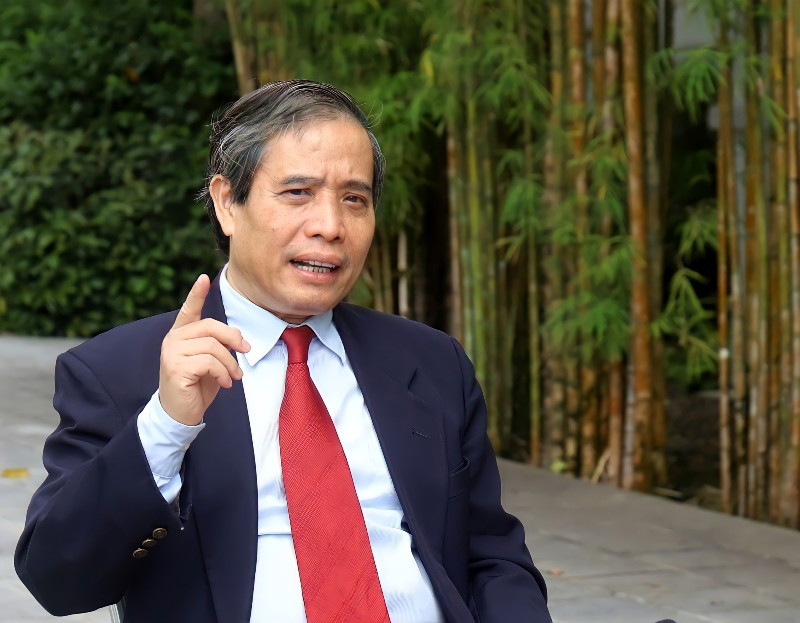
- The Ministry of Industry and Trade also had concerns about the policy mechanism for A0 after it joined the Ministry, such as salary. In your opinion, what mechanism can A0 maintain its operations and do a good job of regulating the power system as well as the electricity market?
Salary is a necessary, even very necessary, but not sufficient factor. It is only a small component in the management system of a vital industry such as the electricity - energy industry. Notably, the convergence in management and business between the energy and electricity industries is becoming a mainstream trend. Therefore, it requires major changes in both thinking and organizational structure in the management and development of the energy - electricity industry.
In principle, for Vietnam's energy and electricity industry to develop to its full potential, the management system must be fundamentally upgraded on five fundamental pillars.
That is, a coherent and clear strategy with a vision of the times; an effective organizational structure that allows for the maximum promotion of the total strength and synergy of the entire ecosystem; a sharp and optimal decision-making process with clear accountability of management agencies; high-quality human resources; and a worthy remuneration and evaluation and reward mechanism.
I really hope that there will be major reforms in industry governance according to the five pillars above so that the decision to transfer A0 to the Ministry of Industry and Trade will bring expected results.
- Is transferring A0 to the Ministry of Industry and Trade a boost for promoting the competitive electricity market in Vietnam, especially the competitive retail electricity market expected to operate after 2024?
Developing a competitive electricity market in both wholesale and retail is an inevitable step that needs to be implemented as soon as possible.
However, current institutions, both organizational and legal, are not ready for major steps in reform in this area.
Our response to the challenge is still mainly based on removing and finding bottlenecks instead of creating an institutional foundation for a world-class electricity industry by 2045, with the vision of Vietnam becoming a developed industrial country.
Notably, by 2045, with an expected output of over 1,000 billion kWh, Vietnam's electricity industry will be similar in scale to that of G7 countries, including Japan and Germany.
So without a commensurate governance system, Vietnam cannot go far no matter where A0 moves.

- So with the current reality, is Vietnam on the right track to develop a competitive retail electricity market, where EVN no longer has a monopoly?
This is a very urgent, strategic and practical issue. To do this, we can learn a lot from countries that have gone before us such as Singapore, South Korea, Japan and Germany.
Currently, the Ministry of Industry and Trade has the Electricity Regulatory Authority and the Electricity and Renewable Energy Authority, but their functions are scattered and limited.
Therefore, the first step should be to (re)establish the National Energy Directorate, with organizational and legal institutions that will help it best fulfill its assigned mission. With this step, salaries or payrolls are only a very small matter, similar to the abolition of ration stamps in the early years of renovation.
The organizational and operational experiences of the Energy Market Authority ( EMA ) of Singapore and the Korea Energy Agency ( KEA ) of South Korea are worth considering.
How to solve the problem of "dancing" electricity prices?
- The limitation of market-based electricity prices is that they can be pushed up very high, beyond the affordability of people, especially low-income earners. So how to solve this problem?
According to Singapore's experience, even under the market price mechanism, electricity and gasoline prices do not increase excessively and sometimes decrease significantly. For example, in 2019-2021, electricity prices were 20% lower than at present. Moreover, in special situations, the Government can maintain prices at a stable level for another 1-2 quarters, using the Price Stabilization Fund, to avoid unnecessary large fluctuations.
We have a fairly high advantage in hydropower and renewable energy resources, which can help avoid short-term global energy crises.
The government, especially local authorities, needs to have a regularly updated list of poor households with very low electricity consumption. There needs to be a fund to support these households at a difference of 50 Kwh compared to the current price.
With strong reforms in the electricity sector, investment in this sector will explode, possibly reaching 15-20 billion USD per year. Vietnam will become stronger very quickly in both strength and international image, making it much easier for the country to attract FDI and domestic investment. At that time, the amount of support for poor households can be much more generous and effective.
- Do you think the current electricity price is the bottleneck that prevents Vietnam from attracting investment in new power sources?
Determining electricity prices based on market mechanisms, like in Singapore, is an urgent step. We have the advantage of abundant hydropower and renewable energy, which is a good foundation for Vietnam's electricity prices to be highly competitive, possibly at 60% of Singapore's.
In my opinion, providing abundant and reliable electricity at transparent prices will be supported by people and businesses. Low prices but a shabby electricity system and a lack of transparency in management as it is now are not the choice that people and businesses want.
From a global comparative perspective and Vietnam's aspiration to become a developed industrial country by 2045 when the country celebrates its 100th anniversary of independence, comprehensive reform of Vietnam's electricity sector is a new 'campaign' that the entire population will wholeheartedly support.
According to Dr. Vu Minh Khuong, lessons with basic steps from Singapore are very practical for Vietnam.
First of all, it is to establish the Energy Directorate (EMA) with perfect organizational and legal institutions to carry out the mission of ensuring abundant and reliable energy supply (mainly electricity and gas).
Second, EMA has three very clear functions: operating the power system, state management of the energy - electricity sector and development of the electricity - energy sector. With the function of operating the power grid, EMA directly manages the power system dispatch center, which is the agency responsible for organizing the competitive electricity market in both wholesale and retail.
Third, Singapore Power (SP) Group - a position similar to EVN in Vietnam - plays a very important role in developing the power system, especially in investing and managing the grid system, providing services of connecting and disconnecting electricity, measuring meters, and collecting electricity bills. In particular, SP Group is the place to sell electricity at regulated prices if customers voluntarily choose in the competitive retail market. That is, if customers do not choose other competitive electricity suppliers, they will be taken care of by SP Group in providing electricity.
Competing suppliers often try to create attractive pricing and payment mechanisms to attract customers, but prices can fluctuate widely across markets as 95% of Singapore's electricity relies on imported liquefied natural gas.
Fourth, SP Group's electricity pricing mechanism is determined quarterly based on average market fluctuations in the previous quarter, with a transparent and reasonable structure. For example, the retail electricity price for the third quarter (July 1 - September 30) of 2023, including VAT, is 27.74 cents/Kwh (Singapore dollars, equivalent to VND 4,838), consisting of four publicly announced components. These are:
(i) Electricity purchase price from suppliers (determined based on average world fuel price in the previous quarter): 21 cents/Kwh;
(ii) Electricity transmission fee (6.25 cents/Kwh);
(iii) Electricity market support service fee (meter reading, billing, data analysis and management): 0.43 cents/Kwh;
(iv) Grid operation fee (paid for dispatching and pricing services): 0.06 cents/Kwh.
(Source: https://www.spgroup.com.sg/sp-services/understanding-the-tariff)
With such a clear structure, any business, including SMEs, can apply for a license to participate in the retail electricity market in diverse and creative forms.
A particularly important effect of implementing market-based pricing is that people and businesses have a better understanding of market fluctuations and are more aware of saving electricity. It also helps avoid investing in energy-intensive industries, increasing the sustainability of the growth model.
- Thank you for the chat!
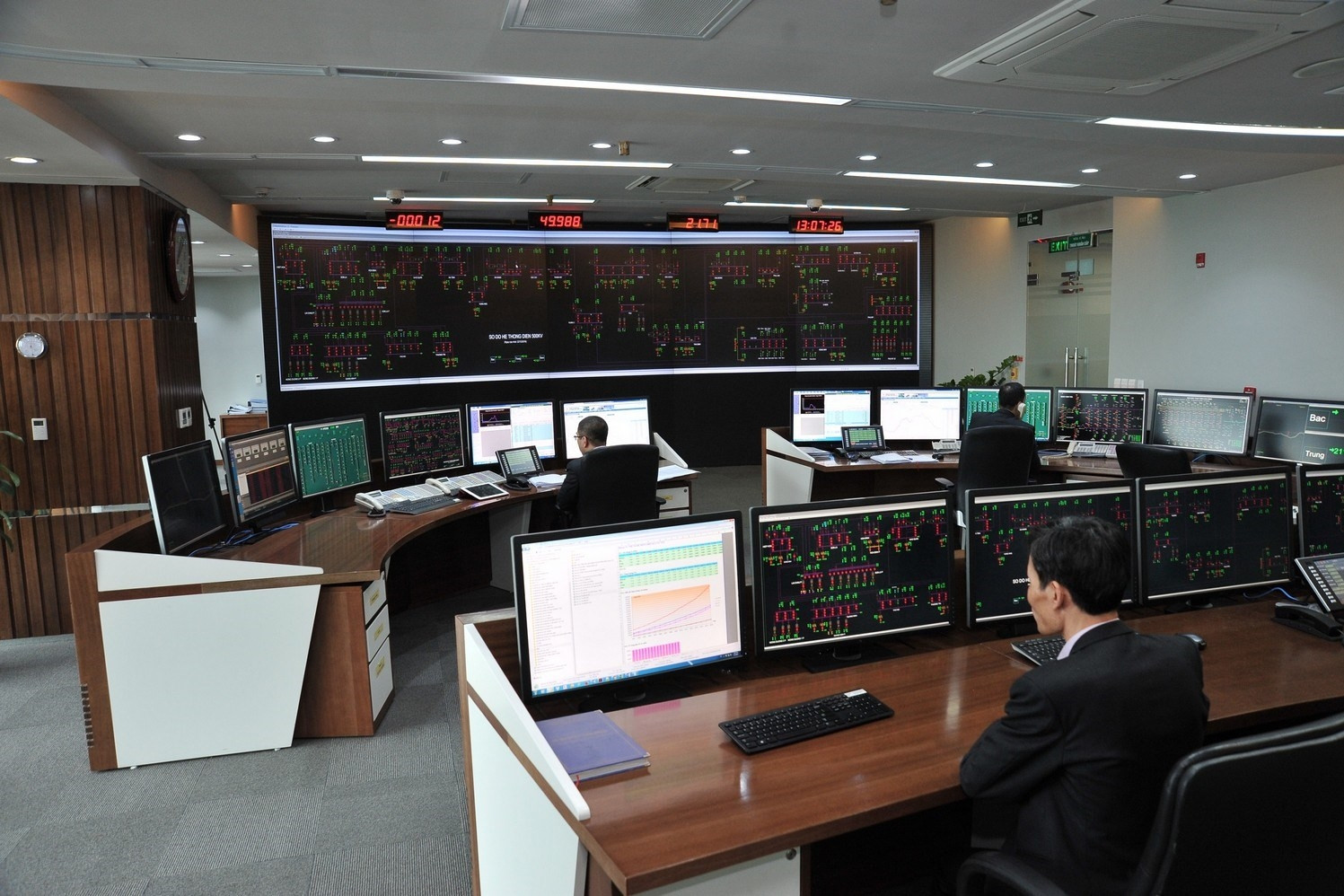
Source


![[Photo] General Secretary To Lam receives CEO of Warburg Pincus Investment Fund (USA)](https://vstatic.vietnam.vn/vietnam/resource/IMAGE/2025/4/18/7cf9375299164ea1a7ee9dcb4b04166a)

![[Photo] The beauty of Ho Chi Minh City - a modern "super city" after 50 years of liberation](https://vstatic.vietnam.vn/vietnam/resource/IMAGE/2025/4/18/81f27acd8889496990ec53efad1c5399)
![[Photo] Nhan Dan Newspaper announces the project "Love Vietnam so much"](https://vstatic.vietnam.vn/vietnam/resource/IMAGE/2025/4/17/362f882012d3432783fc92fab1b3e980)
![[Photo] National Assembly Chairman Tran Thanh Man meets with outstanding workers in the oil and gas industry](https://vstatic.vietnam.vn/vietnam/resource/IMAGE/2025/4/17/1d0de4026b75434ab34279624db7ee4a)
![[Photo] Closing of the 4th Summit of the Partnership for Green Growth and the Global Goals](https://vstatic.vietnam.vn/vietnam/resource/IMAGE/2025/4/17/c0a0df9852c84e58be0a8b939189c85a)




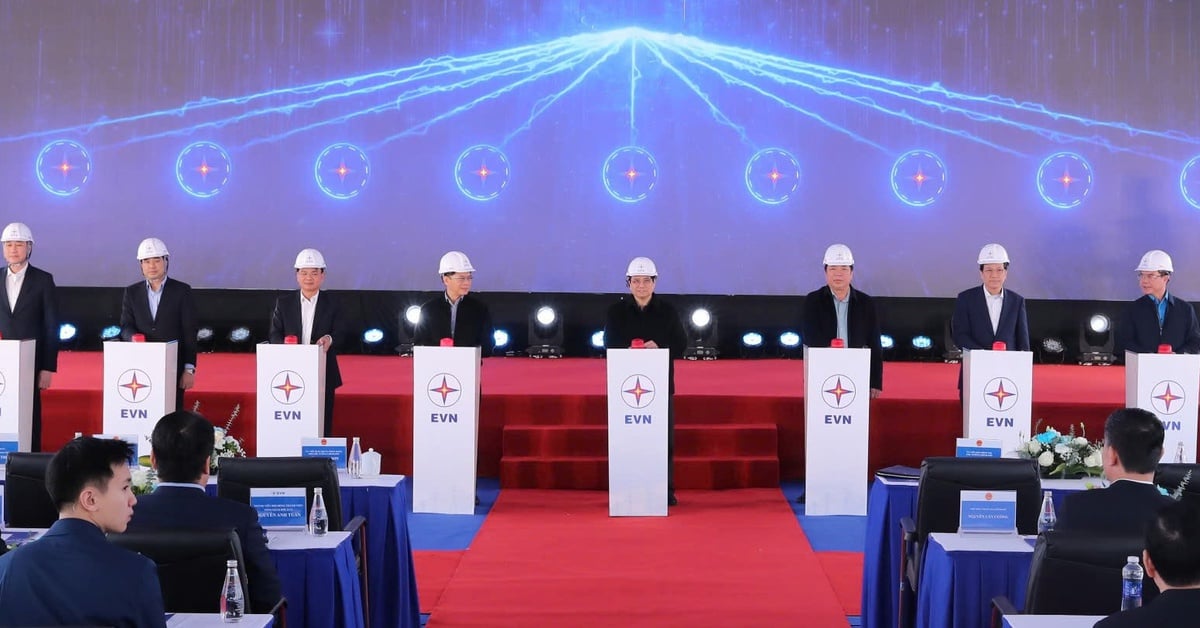




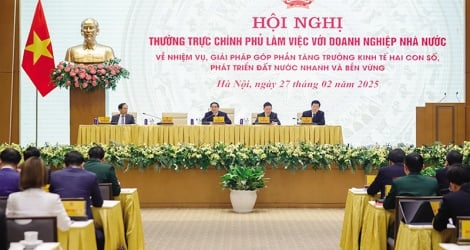

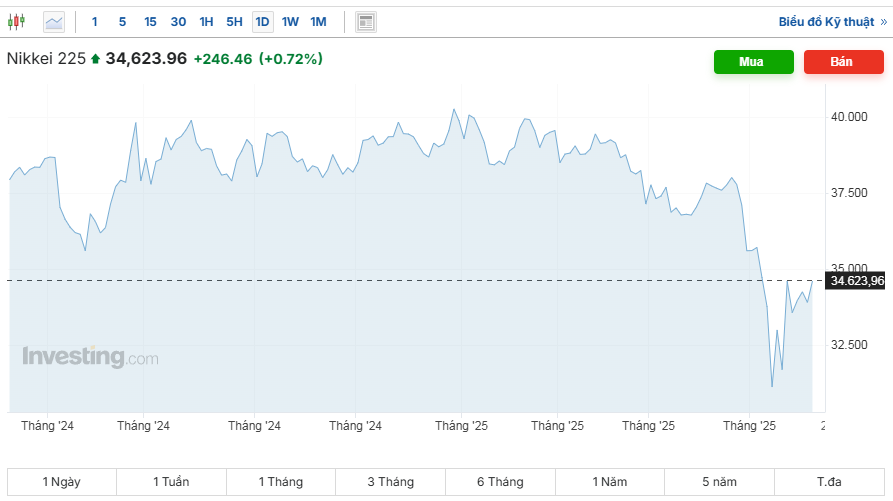



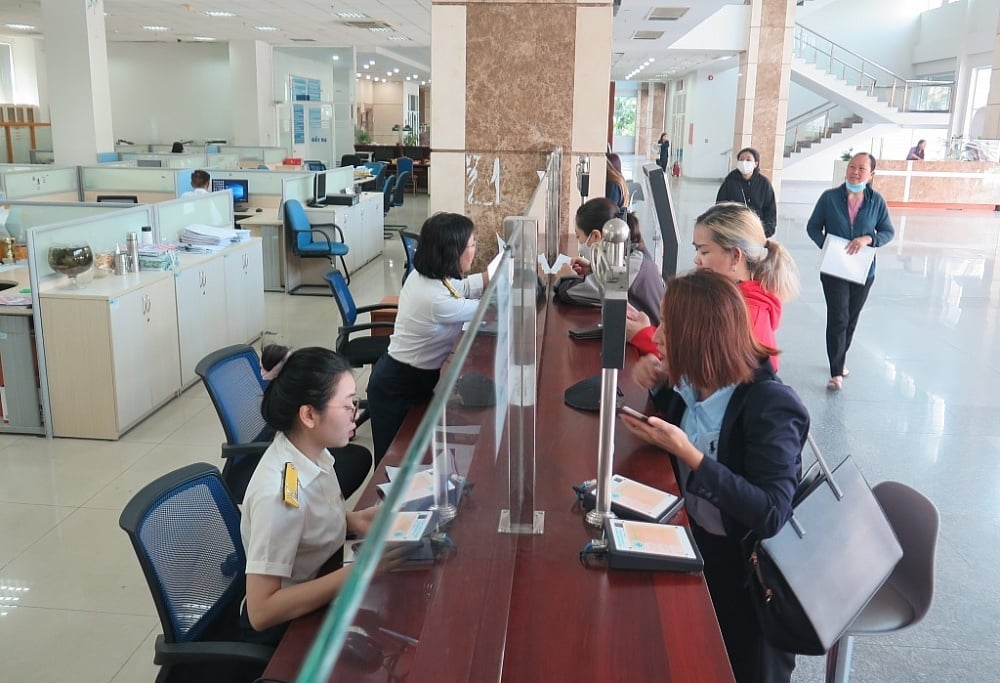










![[Photo] Promoting friendship, solidarity and cooperation between the armies and people of the two countries](https://vstatic.vietnam.vn/vietnam/resource/IMAGE/2025/4/17/0c4d087864f14092aed77252590b6bae)






























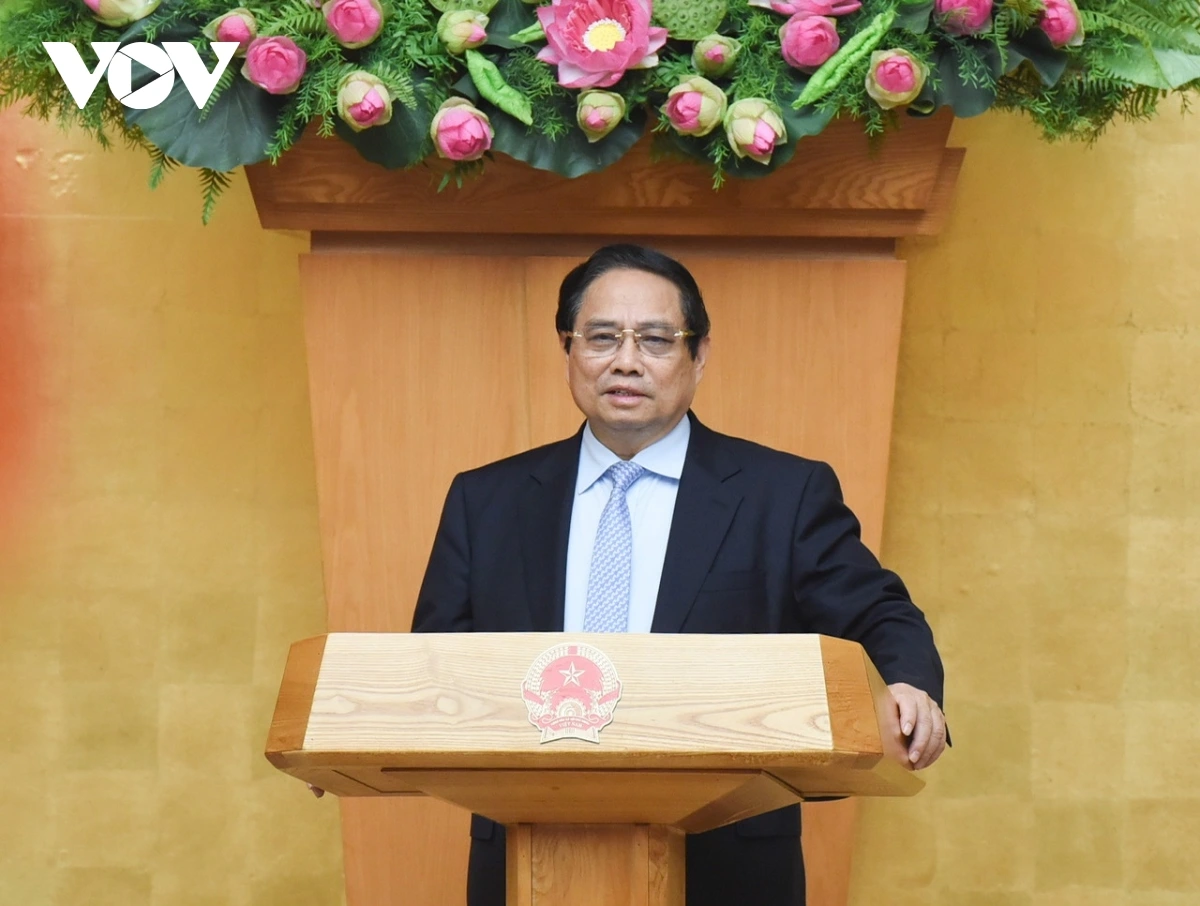









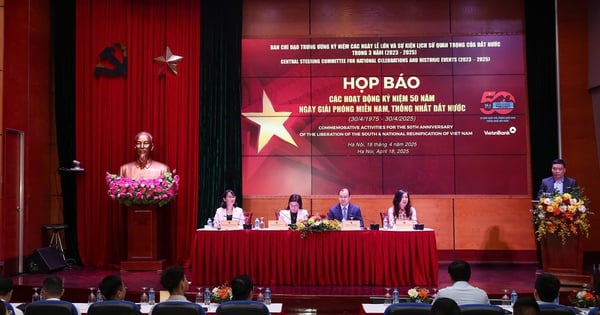



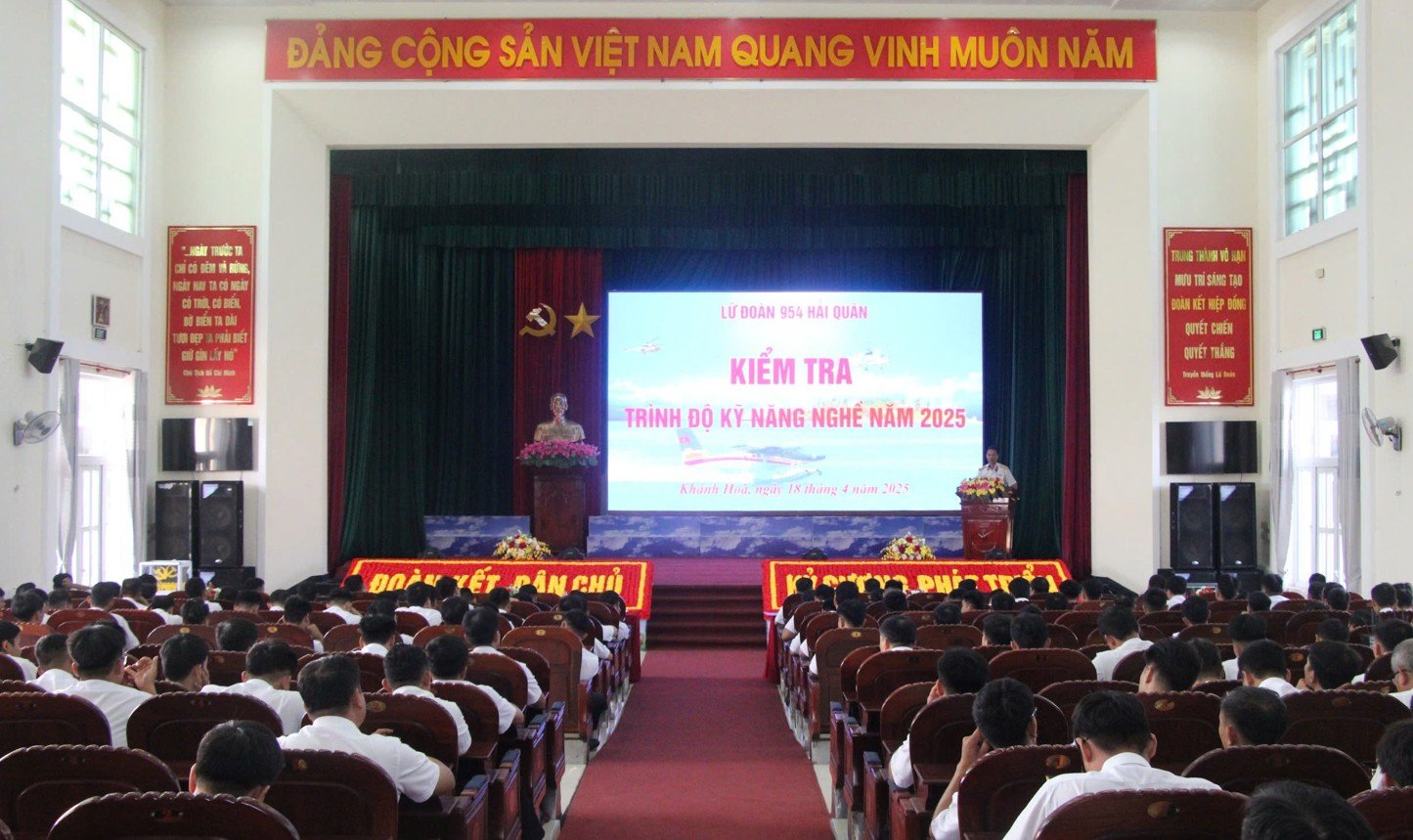
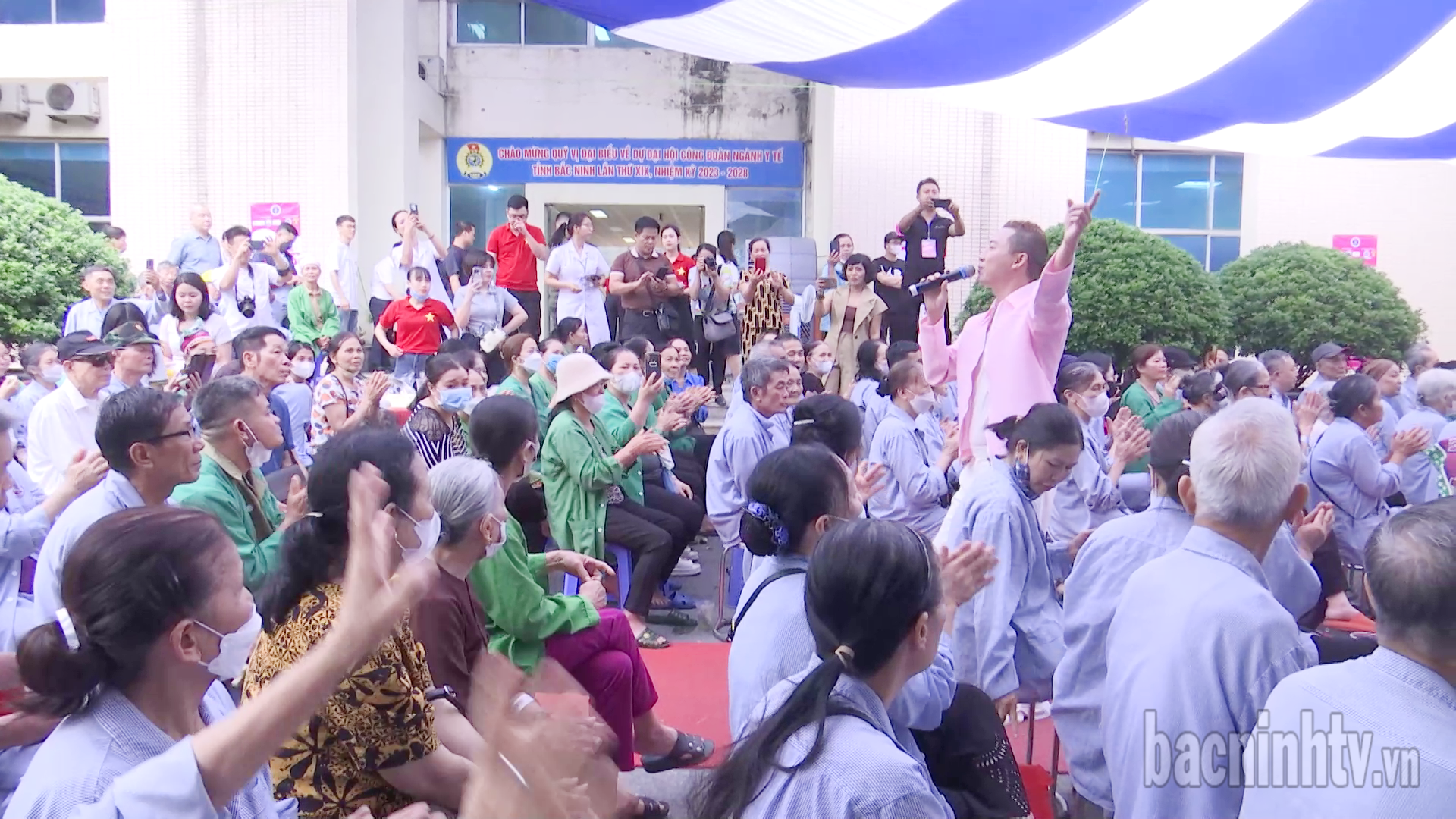

















Comment (0)